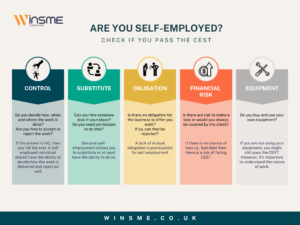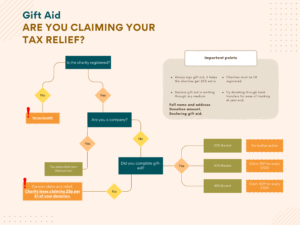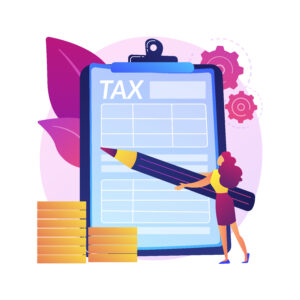Understanding Basis Period Reforms and Transitional Profits
The basis period reform is a significant change in the UK tax system that affects how self-employed individuals and partnerships report their profits. This reform aims to simplify the tax reporting process by aligning accounting periods with the tax year, which runs from April 6 to April 5. Here’s a detailed look at the reforms, transitional profits, and the reliefs available, including overlap relief and the option to defer profits over five years.
What Are Basis Period Reforms?
Historically, self-employed individuals could choose their accounting period, which often led to complexities in tax reporting. The basis period reform, effective from the 2023-2024 tax year, standardizes the reporting process. Under the new rules, businesses will report profits based on a standard accounting period that aligns with the tax year, making it easier to calculate taxable income.
Who Will Be Impacted?
The basis period reforms primarily affect:
- Self-Employed Individuals: Sole traders who have not previously aligned their accounting periods with the tax year will need to adjust their reporting practices. This includes Landlords.
- Partners in Partnerships: Individual partners in partnerships will also be impacted, especially if their accounting periods do not end on March 31 or April 5.
- Unincorporated Businesses: Any unincorporated business that does not already report on a tax year basis will need to adapt to the new rules.
Notably, businesses that already prepare accounts to March 31 or April 5 will not be affected, as their accounting periods align with the new tax year basis.
The Standard Part and Transitional Period
In the transitional year (2023-2024), businesses will need to recognize two components of their profits:
- Standard Part: This is the profit from the 12 months following the end of the basis period for the 2022-2023 tax year. For most businesses, this will be the profits they would have reported under the current year basis.
- Transition Part: This runs from the end of the standard part to April 5, 2024. It captures any additional profits earned during this transitional period. For example, if a business has a December 31 year-end, the standard part would be the profits for the year ending December 31, 2023, and the transition part would cover profits from January 1, 2024, to April 5, 2024.
Transitional Profits
When the basis period reform was introduced, many businesses found themselves with transitional profits. These are profits that need to be reported for the period from the end of the last basis period (2022-2023) to the end of the new accounting period (April 5, 2024).
Reliefs Available Against Transitional Profits
- Overlap Relief:
- What It Is: Overlap relief prevents double taxation on profits that may have been taxed in both the old and new systems. If a business has overlap profits—profits that were taxed in previous years but are also included in the transitional profits—it can claim overlap relief.
- How It Works: Businesses can deduct these overlap profits from their transitional profits, reducing their taxable income for the transitional year.
- Deferring Transitional Profits:
- Spreading Over Five Years: If the transitional profits exceed the overlap relief, businesses can spread the remaining transitional profits over five tax years, starting from the 2023-2024 tax year. This allows for a more manageable tax burden.
- Taxation Schedule: At least 20% of the transitional profits after overlap relief must be taxed in the first year (2023-2024). The remaining profits can be spread evenly over the next four years.
Example of Application
Let’s say a business has:
- Transitional Profits: £50,000
- Overlap Relief: £20,000
Taxable Amount:
- After applying overlap relief: £50,000 – £20,000 = £30,000
- First Year Taxation: £30,000 × 20% = £6,000
- Remaining Amount: £30,000 – £6,000 = £24,000, which will be spread over the next four years (£6,000 each year).
Conclusion
The basis period reforms represent a significant shift in how self-employed individuals and partnerships report their income. By understanding the standard part, transitional profits, and the available reliefs, such as overlap relief and the option to defer profits over five years, businesses can navigate this new landscape more effectively. This reform not only simplifies tax reporting but also provides flexibility in managing tax liabilities, ultimately supporting the financial health of businesses during the transition.









